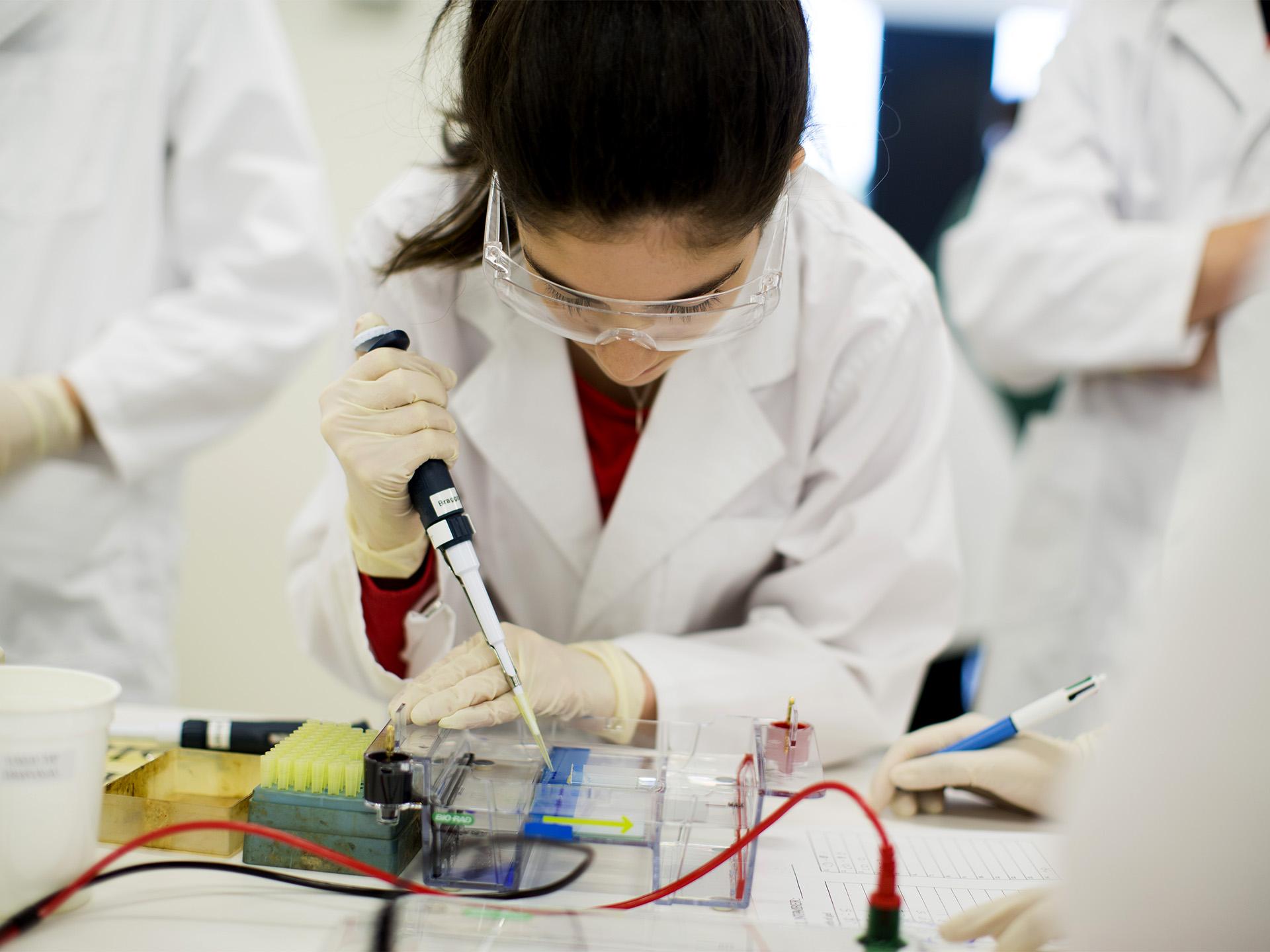Partnership to revolutionise cancer diagnosis

University of Adelaide and Griffith University researchers have engineered a unique protein - SubB2M - that can detect cancer by using liquid biopsies, immunoassays, circulating tumor cell assays and PET imaging.
The University of Adelaide has partnered with medical technology company Sienna Cancer Diagnostics in an exclusive worldwide licencing agreement to develop a unique cancer probe with the potential to detect a sugar molecule only present in cancer cells.
University of Adelaide and Griffith University researchers have engineered a unique protein – SubB2M - that can detect cancer by using liquid biopsies, immunoassays, circulating tumor cell assays and PET imaging.
“This is an outstanding example of transformational benefits to human health emanating from basic research in the university environment.”University of Adelaide Deputy Vice-Chancellor and Vice President (Research) Professor Anton Middelberg
SubB2M binds to a unique sugar molecule only present in human cancers and can detect its presence in the serum of cancer patients.
In pilot clinical studies, SubB2M has detected cancers with 100% sensitivity and specificity for mid to late-stage cancers, and more than 95% specificity and 100% sensitivity for early- stage cancers.
There is also evidence that the cancer-specific sugar is present in a wide-range of solid human tumors and can be detected in serum using SubB2M.
The technology grew from research started more than a decade ago by University of Adelaide researchers Adrienne Paton and James Paton who said, “we look forward to working with Sienna and our colleagues at Griffith’s Institute for Glycomics to translate our research into improved outcomes for cancer patients".
“This is an outstanding example of transformational benefits to human health emanating from basic research in the university environment.”
University of Adelaide Deputy Vice-Chancellor and Vice President (Research) Professor Anton Middelberg said the institution was very pleased by the partnership.
“We are pleased to be working with Sienna to transform the global cancer diagnostics field and to address the unmet need for effective tools to support the early detection and stage progression of a range of cancers,’’ he said.
“The University of Adelaide is very pleased to license this technology to Sienna Cancer Diagnostics, an Australian publicly listed company with the vision to realise the enormous potential of SubB2M.”
As part of the exclusive licence, Sienna will collaborate with the University of Adelaide and Griffith University’s Institute for Glycomics to provide the data needed to commercialise cancer screening and diagnostic assays based on SubB2M.
The first stage will focus on developing a biopsy assay for cancer screening and monitoring suitable for use in hospital pathology laboratories. It is anticipated that this will take 12-18 months to complete.
For more information on Life Sciences technologies and collaboration opportunities contact Michael Muthig, Senior Commercial Manager, Life Sciences.
